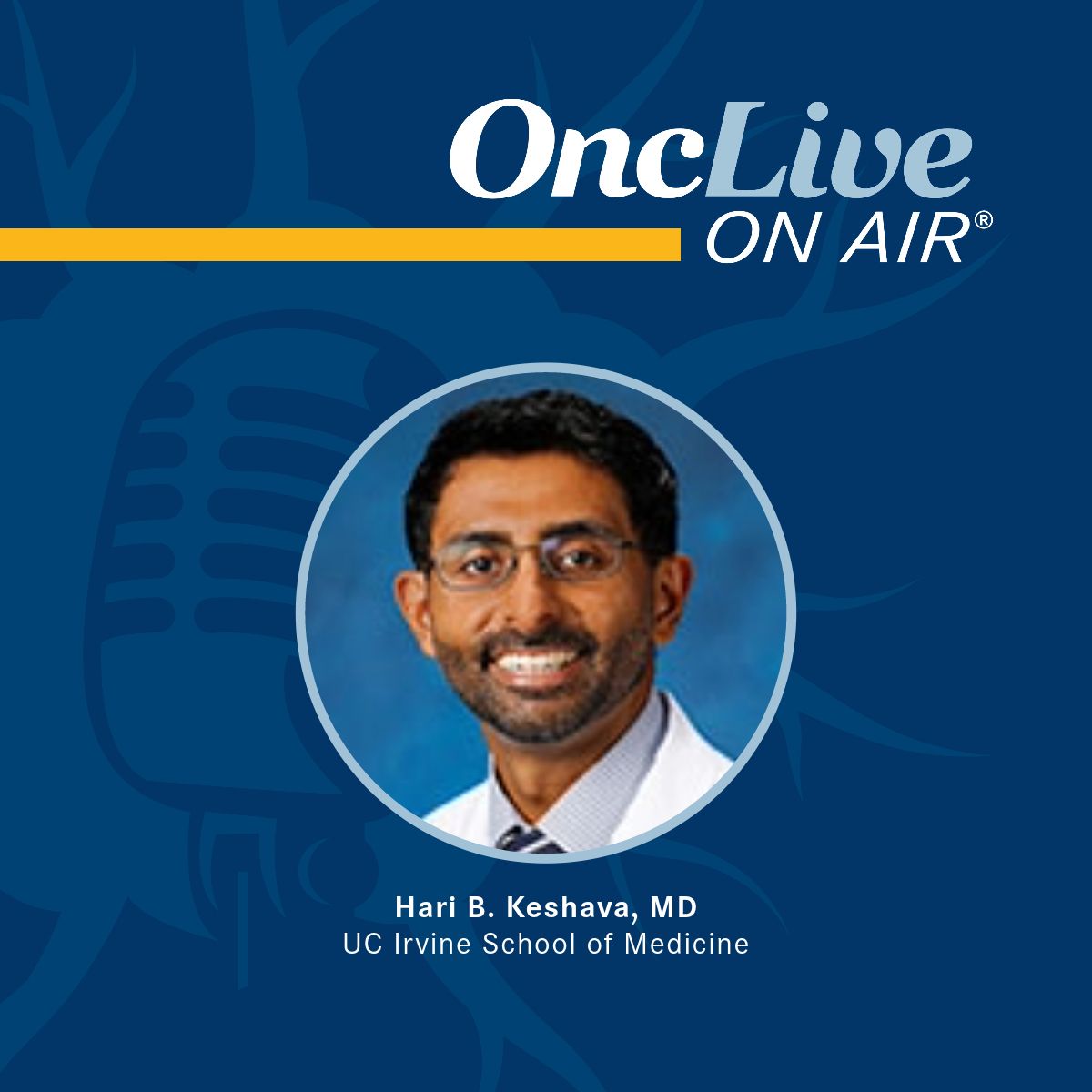Video
Dr. Ou on Alectinib as Treatment for NSCLC
Author(s):
Sai-Hong Ignatius Ou, MD, PhD, Health Science Associate Clinical Professor, University of California, Irvine, Chao Family Comprehensive Cancer Center, University of California Irvine Medical Center, Orange, California, discusses data on alectinib as treatment for patients with non-small cell lung cancer (NSCLC) with brain metastases.
Sai-Hong Ignatius Ou, MD, PhD, Health Science Associate Clinical Professor, University of California, Irvine, Chao Family Comprehensive Cancer Center, University of California Irvine Medical Center, Orange, California, discusses data on alectinib as treatment for patients with non-small cell lung cancer (NSCLC) with brain metastases.
A phase II trial, evaluating alectinib was conducted in the United States in about 5 different medical centers. In the trial, named the AF-001JP study, 46 crizotinib-naive patients received treatment with alectinib starting at 300 mg twice daily and working up to 900 mg twice daily, Ou says. The recommended phase II dose is 600 mg twice daily.
The overall response rate (ORR) was 93.5% (95% CI, 82.1-98.6%) and the 12-month PFS rate was 83%. Of the 14 patients with CNS metastases at baseline, 64% remained progression-free after 12 months of treatment.
Ou says alectinib is also well tolerated. The only major grade 3 adverse event was neutrophil count decrease, which occurred in 7% of patients.









